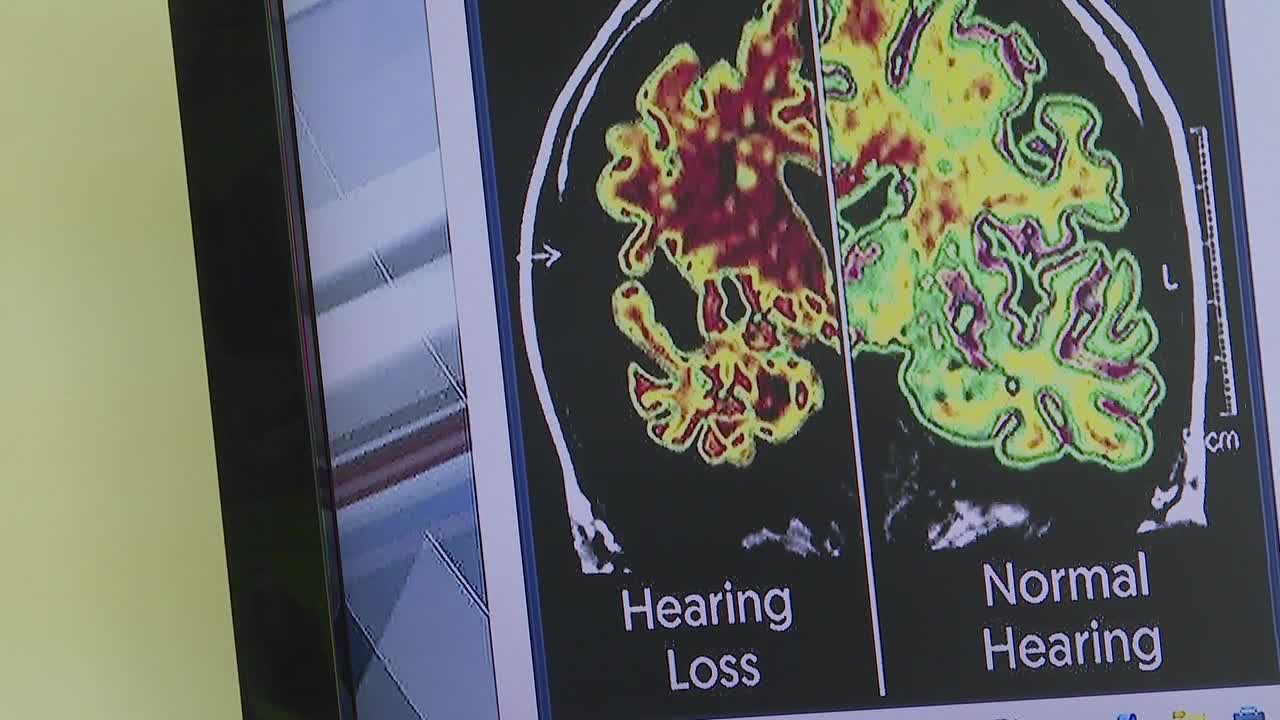SALT LAKE CITY — A new study published in JAMA suggests that nearly one in three dementia cases could be connected to hearing loss — raising concerns about why it’s important to catch hearing problems early.
For 86-year-old Roy Haws, the ability to hear again changed his daily life. Haws first got hearing aids in his 40s, after years of working around loud aircraft. “When I first got my hearing aid, I could hear the birds chirping,” Haws, who lives in Taylorsville, said. “And I thought, man, I hadn’t heard those for years.”
He says without them, he would have missed out on much more than just sounds. "Well, you miss a lot in life,” he told FOX 13 News.
The JAMA study found that people with untreated hearing loss were more likely to develop dementia compared to those who use hearing aids. “Those people who have signs of dementia, up to 32 percent can be caused by or affected by hearing loss,” said Travis Harvey, a hearing instrument specialist at Elite Hearing.
Harvey says one of the first signs is often social withdrawal. People may stop joining conversations or avoid gatherings because they struggle to understand what’s being said. “Our ears gather the sound, but the brain really does the processing,” Harvey explained. “Getting that signal to the brain can help it maintain what it has longer.”
While hearing aids do not cure dementia, he says they may help delay cognitive decline. Harvey recommends that adults 55 and older consider getting a baseline hearing test, even if they don’t notice significant changes yet.
Haws says he’s grateful he didn’t put it off. “It makes a lot of difference in your life to be able to hear,” he said.
If you or your loved one is interested in getting checked, Elite Hearing offers free examinations. “I would have hated to have to go through that, especially if it turned into Alzheimer’s,” Haws said. "It’s hard not being able to hear, not being able to remember.”




